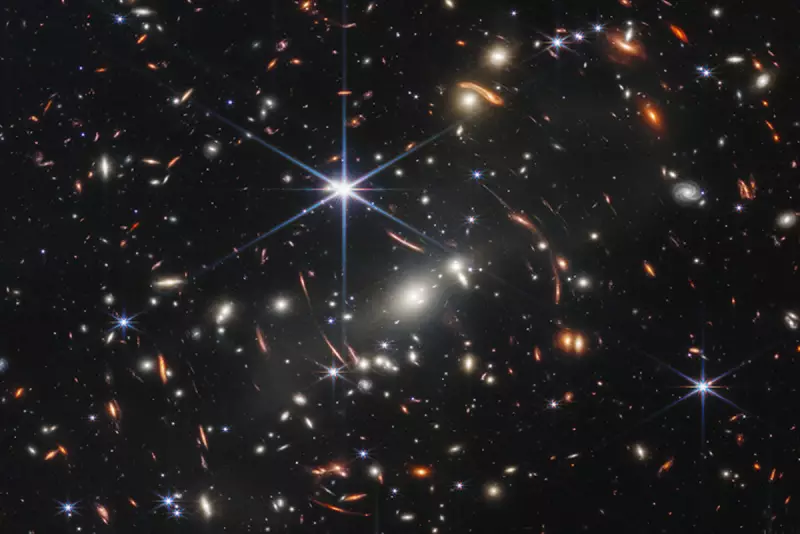
In a landmark discovery, scientists have finally identified the first molecule that formed in the universe, solving a long-standing cosmic mystery. This breakthrough provides crucial insights into the early stages of the universe and how it evolved into the complex cosmos we observe today.
The Dawn of Chemistry
The molecule, known as helium hydride (HeH+), was theorised decades ago as the initial chemical compound to emerge after the Big Bang. However, its detection remained elusive until now. Using advanced spectroscopic techniques, researchers have confirmed its presence in a planetary nebula, offering a glimpse into the universe's infancy.
Why This Discovery Matters
Helium hydride played a pivotal role in the universe's chemical evolution. Its formation marked the beginning of molecular chemistry, paving the way for the creation of more complex molecules like hydrogen—essential for the birth of stars and galaxies.
- Cosmic Milestone: HeH+ was the first step in the universe's transition from a hot, ionised state to a cooler, molecular one.
- Technological Triumph: Detecting HeH+ required cutting-edge instruments capable of analysing distant celestial objects with unprecedented precision.
Future Implications
This discovery not only validates theoretical models but also opens new avenues for understanding the chemical processes that shaped the early universe. Scientists hope to uncover more about the conditions that led to the formation of life-supporting molecules.
As research continues, the findings could revolutionise our understanding of cosmic history and the fundamental building blocks of existence.





